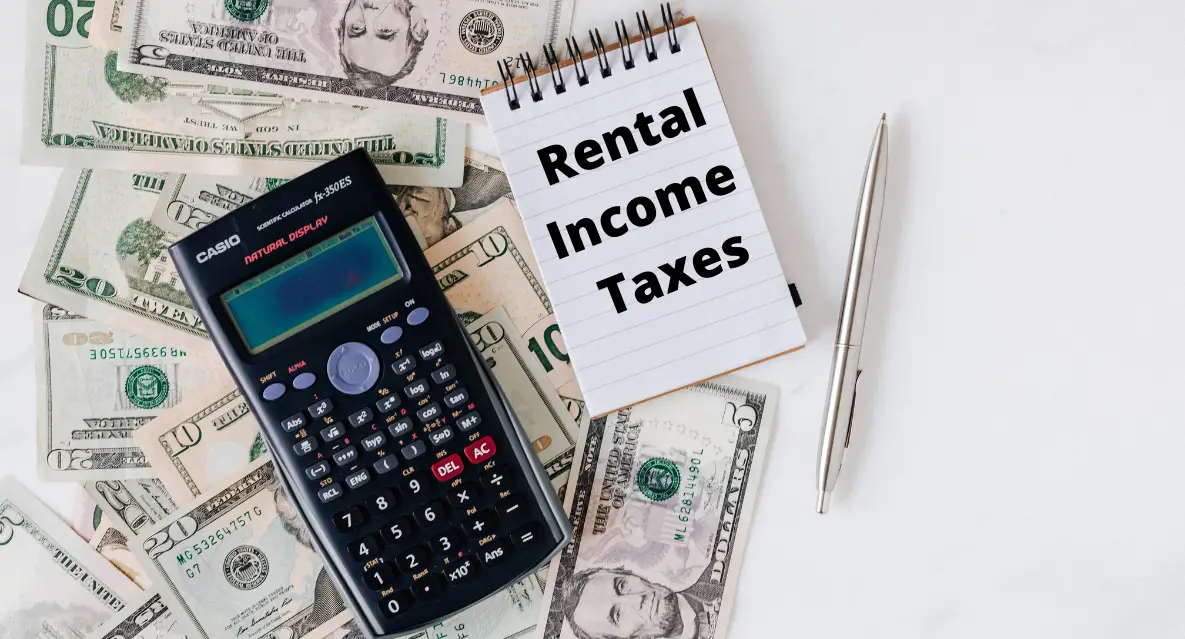Rental Income Tax Deductions: How to Save Money
Rental Income Tax Deductions: How to Save Money
Blog Article
When hiring out home, many first-time landlords question whether they need to pay fees on the money they earn. The straightforward solution is yes—real estate taxes vs property taxes by the IRS. But, understanding what qualifies as taxable income—and the deductions you might be titled to—may allow you to greater control your economic responsibilities as a landlord.
What Counts as Rental Money?
The IRS describes rental revenue as any payment you obtain for the usage of a house you own. This includes not just the regular book from your own tenants but also additional payments, such as for instance:
•Improve Lease: If your tenant pays book upfront for a future time, it should be described as revenue when received, perhaps not when the time begins.

•Security Deposits (if not refunded): If you hold a security deposit for injuries or other situations by the end of a lease, that volume becomes taxable.
•Solutions in Place of Rent: Occasionally, tenants might present goods or companies as opposed to paying rent. As an example, if your tenant mows the garden as a swap for part of their lease, the same monetary value of the company must be stated as income.
Costs That May Be Deducted
Fortunately, landlords can offset many of the expenses against their rental revenue, lowering the taxable amount. Some common deductions contain:
1.Property Fixes
Slight fixes, such as correcting a leaky touch or repainting walls, are deductible since they are regarded essential to maintain the property.
2.Mortgage Curiosity
In the event that you took out a loan to get your rental house, you could declare the curiosity you pay on the mortgage.
3.Property Taxes and Insurance Premiums
They're standard deductions, as equally are needed your can purchase and control a property.
4.Maintenance and Resources
Any preservation expenses or routine preservation prices may be deduced, along with utilities you pay on behalf of your tenant.
5.Depreciation
Landlords may deduct a percentage of these property's depreciation price each year over its expected lifespan (typically 27.5 years for residential properties).
Processing Your Hire Revenue
Rental money should be noted on Routine Elizabeth (Supplemental Money and Loss) if you're processing as an personal taxpayer. That variety enables you to list your rental money and any deductions. The internet figure—revenue minus expenses—is what'll eventually be taxed.
Critical Takeaway
Tax principles on rental income can feel complicated, but with appropriate record-keeping and understanding of possible deductions, landlords can lower their taxable income and stay compliant. For accurate filings, always consult a duty qualified or control instruments to simplify the process.
Report this page